Ensuring Belize’s Citizen Security at Fourth Science Symposium
The InfoSegura Project is a regional strategic partnership on citizen security. It has been central to enhancing the capacities of key institutions ensuring the security of Belize’s citizens over the past decade. Today, the Ministry of Home Affairs and New Growth launched the fourth Belize Forensic Science Symposium as a part of the InfoSegura Project. Here, key stakeholders gathered to showcase how public service data from forensics, law enforcement and health systems can be used to support evidence-based decisions and policies to achieve better citizen security outcomes. News Five’s Britney Gordon attended the symposium at the U.B. Campus in Belmopan to hear first-hand how this data is being used. Here’s the story.
Britney Gordon, Reporting
Today was the launch of the fourth Belize Forensic Science Symposium, held at the University of Belize in Belmopan. It is part of the InfoSegura project, which is funded by USAID and implemented in Belize by UNDP with the goal of ensuring the security of all Belizeans citizens through data-driven initiatives. Executive Director of the Belize National Forensic Science Service, Gian Cho, further detailed the project.
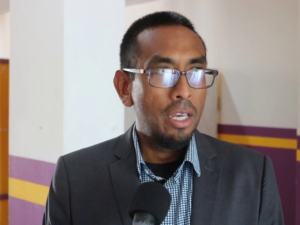
Gian Cho
Gian Cho, Executive Director, Belize National Forensic Science Service
“So that leads us now to the fourth symposium, which is this year, still funded and supported by InfoSegura project. that’s a project that heavily focuses on data For evidence based decision making within citizen security. So, we structured today’s symposium around that need, that there’s a lack of data or a shortage of data in some sectors of the criminal justice and citizen security environments within Belize that we want to bring to the spotlight. It might be that there’s not data or it might be that we’re not discussing the data. So that was one of the intentions of today to discuss targeted and critical topics where we want to shed light on how data is being accessed, how data is being gathered, how data is being shared, how data is being analyzed to use by not only the government, the public sectors, but other civil society actors to improve safety and security of Belizean citizens as well as access to justice.”
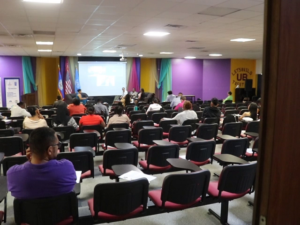 Cho said that data is a vital part of citizen security and in order to strengthen the initiatives backed up by data, various stakeholders must be involved in these discussions, such as the public and private sectors, as well as academia.
Cho said that data is a vital part of citizen security and in order to strengthen the initiatives backed up by data, various stakeholders must be involved in these discussions, such as the public and private sectors, as well as academia.
Britney Gordon
“Why do you think it’s important to bring in the academia into this discussion?”
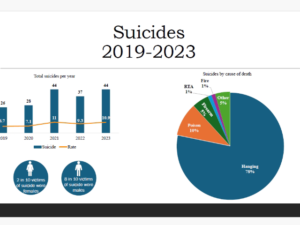 Gian Cho
Gian Cho
“A big part of the discussion was using data for research. Belize is not a research heavy culture. I keep saying that I’m pleased and proud of my country, but we need to do more research. We need to rely on data. We can’t go based on what the social media influencers are saying. We can’t go based on what your gut feelings are telling us we need data. We need hard data. We need research to back up some of these initiatives and to monitor and evaluate if they’re being effective. An example I used this morning was we used some data to justify getting Approval from the ministry of finance to purchase rapid DNA technology for forensic department versus investing in the full forensic DNA workflow at the onset, we can start with something that has proven results in other countries called rapid DNA, which is a much faster turnaround time. So examples of that, that we want to emphasize, yes, we have data. Yes, we’re doing analysis, but academia is important to do research. Okay. And improve the confidence that our stakeholders, our clients have that these initiatives are actually working.”
The symposium covered five key topics that were brought in by experts from different sectors to discuss the data and programs that are supporting the data. These topics were DNA Services, trends of gun violence and firearms, road traffic accidents, suicides, and gender-based violence. Biology major, Leileh Abdulhadi, shared why she decided to attend today’s event.
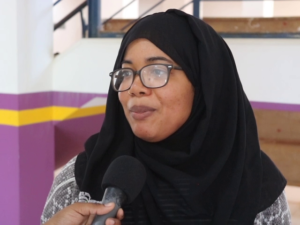
Leileh Abdulhadi
Leileh Abdulhadi, Biology Major, University of Belize
“We have one more presentation on gender-based violence as well, so I guess, yeah, it’s just to generally inform and really, encourage, basically, other people, students to get involved in that kind of pursuit of data.”
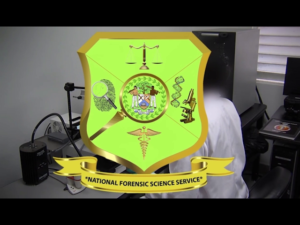 Britney Gordon
Britney Gordon
“What have you taken away from this event so far?”
Leileh Abdulhadi
“I learned a lot. A couple different things that I wasn’t aware of before, such as different projects that they have going on, such as the suicide prevention project that they have going on. I wasn’t aware of that. And just different new things that they have in the works. Such as for the traffic incidents. Different projects and ideas that they want to do to improve our infrastructure. Policies, legislation, stuff like that.”
Britney Gordon for News Five.





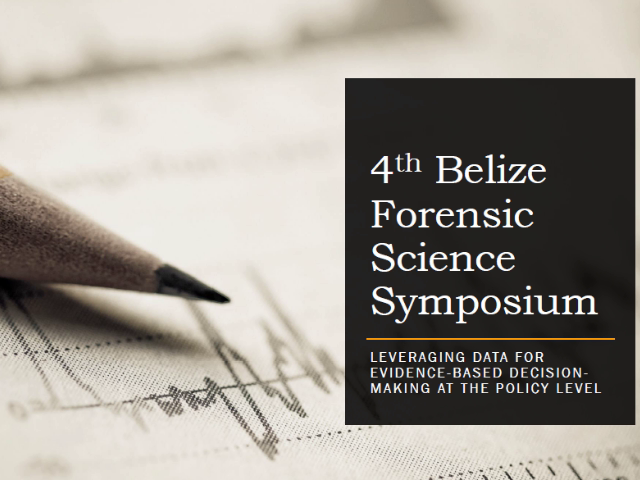
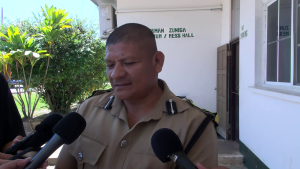
Facebook Comments